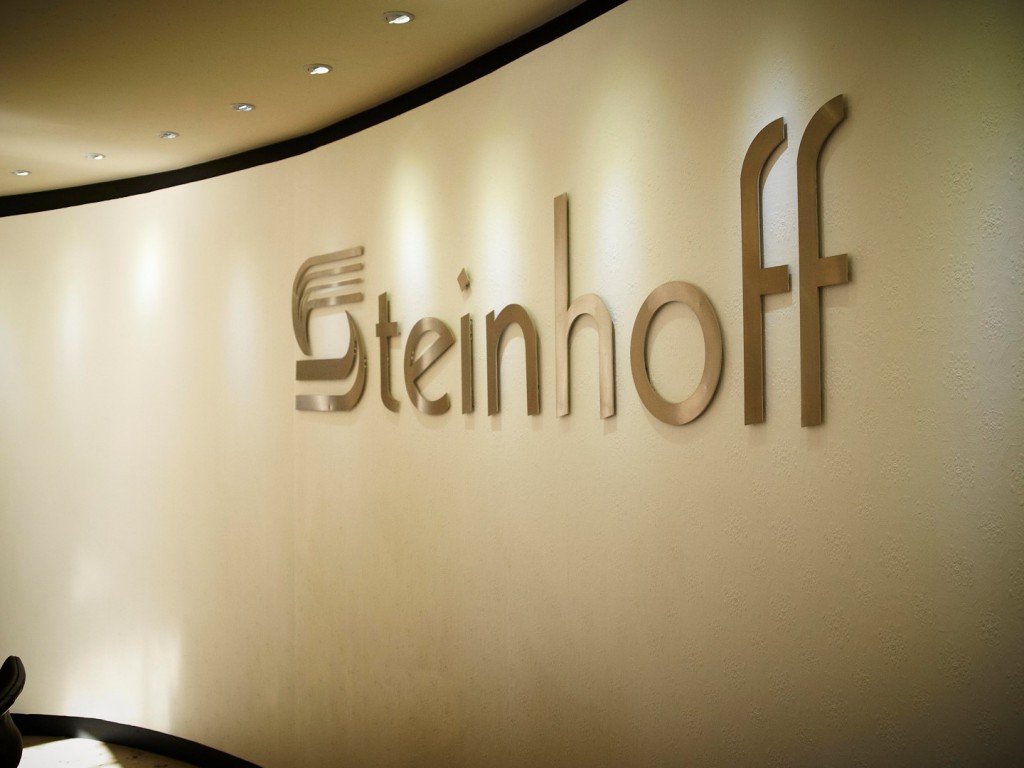A recent court ruling has closed a door for disgruntled Steinhoff shareholders.

The court’s decision prevents a Steinhoff shareholder from launching a class action intended to get compensation for the losses suffered by thousands of individual investors as a result of the R185 billion collapse in value of the group’s shares in late 2017 and early 2018.
“If politicians want shareholders to be able to hold directors to account they will have to change the law,” said one legal expert in response to last week’s decision by the South Gauteng High Court in a Steinhoff-related matter.
The decision means that the first shareholder class action to apply for certification before a South African court has come to an abrupt, and possibly permanent, end.
The court’s ruling is being hailed as a victory by the 42 respondents – including Steinhoff, its directors, auditors and financial advisors – but is likely to incur the wrath of parliamentarians who have been tracking Steinhoff-related developments since early 2018.
Widespread impact
In an unprecedented move, reflecting the widespread impact of the collapse in the Steinhoff share price, representatives from the company as well as a number of regulators were called before parliament in January 2018 to explain the events behind the collapse. The same parties have been called back to provide updates on a regular basis to parliamentarians, who have exhibited increasing signs of frustration at the apparent lack of accountability at senior corporate level.
On December 5, 2017, Steinhoff issued a press release informing shareholders that information had come to light concerning “accounting irregularities” and also that CEO Markus Jooste had resigned, and that publication of the 2017 results was being postponed indefinitely. Over the next few weeks the share price plummeted from over R50 to around R2.
Read: Jooste profited from Steinhoff land deal in 2007, filings show
Retired pensioner Anthea de Bruyn, who bought Steinhoff shares for R80 000 between 2013 and 2016, was hoping the court would grant her the authority to represent thousands of individual Steinhoff shareholders in a class action case against the parties alleged to have contributed to the ‘accounting irregularities’.
Read: Steinhoff’s former CEO rebuffs demand for return of R850m in pay
De Bruyn’s lawyers, who are being financed by parties who will be paid a percentage of any funds recovered, opted to use Section 218(2) and Section 20(6) of the Companies Act. The former section reads: “Any person who contravenes any provision of this act is liable to any other person for any loss or damage suffered by that person as a result of that contravention.”
Section 20(6) also encourages the view that individual shareholders have claims against directors.
It reads: “Each shareholder of a company has a claim for damages against any person who intentionally, fraudulently or due to gross negligence causes the company to do anything inconsistent with this act.”
Ruling trumps arguments
Sadly for De Bruyn the court found that a ruling in a 177-year old English case trumped her legal arguments.
“That shareholders should seek redress, given the scale of their losses, is unsurprising,” said Judge David Unterhalter in the South Gauteng High Court last week.
“That this is sought to be done by way of a class action entails some novelty.
“The premise of the application for certification is that many retail investors, who have suffered losses important to them, will not be able to bring their cases to court, if these claims are brought by each shareholder. Like Ms De Bruyn, their claims are too modest to justify the cost of complex litigation.
“A class action, however, would secure access to the courts and the prospect of redress for thousands of individual shareholders who lack the resources of institutional investors,” said Unterhalter on page six of his 100-page ruling.
Ninety three pages later, the judge confirms De Bruyn does not have a ‘triable’ case, which is why he could not grant the necessary certification.
The rule that dictated that De Bruyn’s case was not ‘triable’ was set all the way back in England in 1843 in the Foss v Harbottle matter. The essence of that ruling was that the shareholders suffered losses because the company was wronged by its directors, therefore it was only the company that was able to sue the directors.
It is explained in Henochsberg on the Companies Act 71 of 2008 that the Foss v Harbottle rule is the consequence of the fact that the corporation is a separate legal entity; other consequences are limited liability and limited rights: “The company is liable for its contracts and torts, the shareholder has no such liability,” states Henochsberg.
Expectations of the law
“I am aware that this conclusion [not to certify De Bruyn’s application] will disappoint the expectations of Steinhoff shareholders that the law must be able to compensate them for losses,” said Unterhalter, explaining that the action relied upon by De Bruyn’s lawyers – largely Section 218(2) and Section 20(6) of the Companies Act – doesn’t allow for such compensation.
But in what may be an attempt to encourage further action by De Bruyn or other frustrated shareholders, Unterhalter suggests there is still hope.
“This does not mean the shareholders are without remedy. It is for the Steinhoff companies to hold the Steinhoff directors and Deloitte liable for any breach of duty to the companies that caused loss. If the Steinhoff companies will not do so, the Companies Act makes generous provision in S.165 for shareholders to require the Steinhoff companies to commence legal proceedings,” said Unterhalter.
That so-called ‘generous provision’ has only been tested once. In United Manganese vs Mbethe, the aggrieved shareholders lost on a technicality in the Supreme Court of Appeal.
Read: The winners in the Steinhoff mess
An additional discouragement for shareholders tempted to pursue a Section 165 derivative action is that, if successful, any compensation is paid to the company. This is of little use to many of Steinhoff shareholders who dumped their shares in the aftermath of the December 2017 meltdown.
Furthermore, to launch a class action based on Section 165 shareholders will have to persuade a court that the company is not already taking the necessary action against the directors.
Meanwhile, parliamentarians may want someone to explain why Section 20 of the Companies Act does not allow shareholders to make claims against directors; and if that is always in the best interests of corporate accountability.
Brought to you by Moneyweb
For more news your way, download The Citizen’s app for iOS and Android.
Support Local Journalism
Add The Citizen as a Preferred Source on Google and follow us on Google News to see more of our trusted reporting in Google News and Top Stories.






